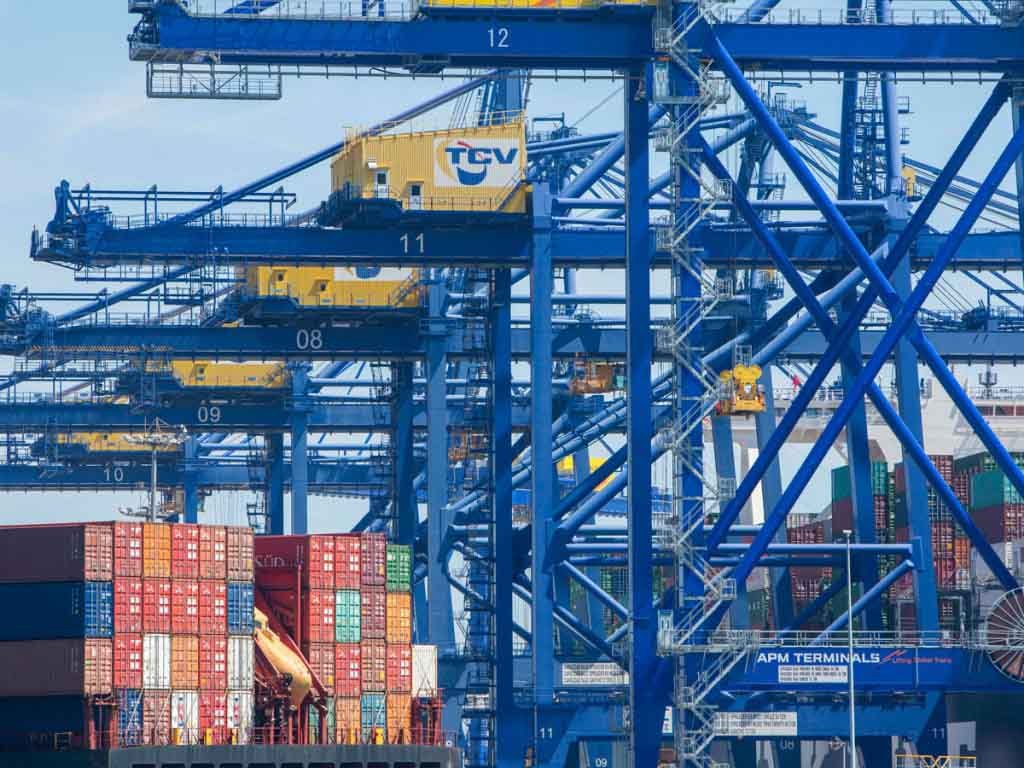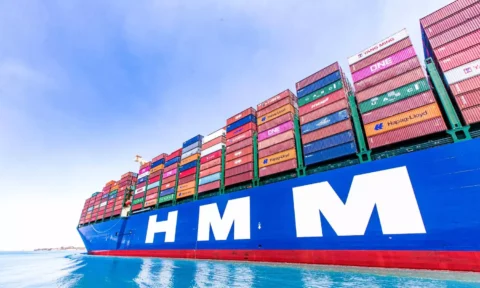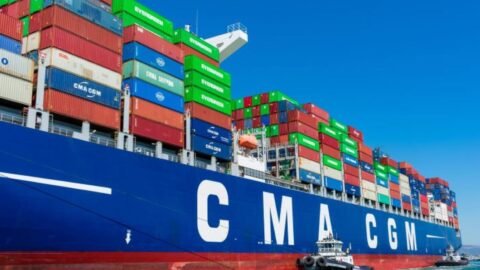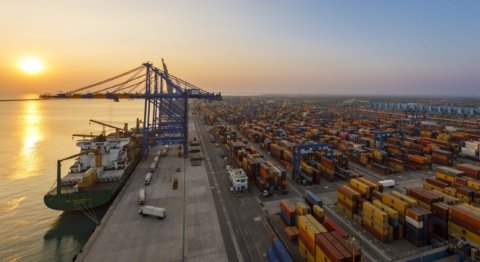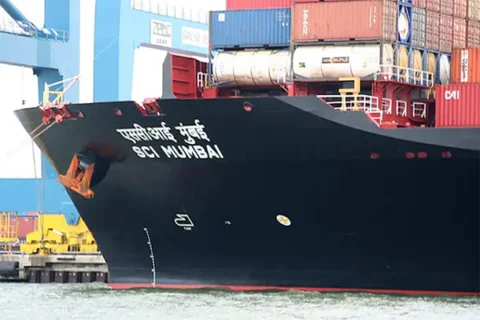The Port Authority of Valencia (PAV) has announced that it is joining the World Ports Climate Action Program (WPCAP), a group of 12 ports that are said to have the most investments committed to decarbonisation and emission reduction projects.
The President of PAV, Aurelio Martinez explained, “We have adhered to this program in which the 12 leading ports of the world are participating and which they have invited us to take part in as a recognition of our management in sustainability in recent years.”
According to PAV, the members of the program are chosen from a group of ports with a proven commitment to the environment and the resources to meet the requirements of the WPCAP. In addition to Valencia, participating ports include Antwerp, Barcelona, Gothenburg, Hamburg, Le Havre, Long Beach, Los Angeles, New York/New Jersey, Rotterdam, Vancouver and Yokohama.
Environmental initiatives are said to be focussed on five main points– Increasing the efficiency of logistics chains through the development and harmonization of digital tools; promoting a common approach of public policies on the reduction of emissions within large geographical areas; accelerating the development of renewable energies for ships or other ‘zero emission’ alternatives at the piers; accelerating the development of alternative fuels for ships, whose emissions are at least 50% lower than those generated by current fuels; promoting the decarbonisation of port terminals.
To carry out these targets, the ports are working alongside the International Maritime Organisation and representatives of the sector, governments, regulators and other agencies to develop measures to advance the decarbonisation of the maritime sector.
PAV said that its representatives will be participating in four of five WPCAP working groups: Efficiency, Policy and Governance, Energy for Vessels, and Decarbonised Terminals. This will include initiatives such as ‘Green Hydrogen’ with an H2Ports roadmap, a pilot project for maritime transport being carried out in the Port of Valencia to incorporate hydrogen in port logistics operations with the aim of reducing the environmental impact, and which will make it the first port in Europe to incorporate hydrogen energy in its terminals by 2021.
In the area of sustainable infrastructures, PAV is developing projects such as the new North Terminal and the new Passenger Terminal, initiatives which, from the tendering phase, have specific requirements that these installations must fulfil. These are focused on creating ecological, intelligent and accessible terminals that combine the generation of wealth and employment with respect for the environment, noted a port statement.
As an example, the new Passenger Terminal project will have 100% of its energy coming from renewable sources, including the recycling of waste from the ships and the maritime station to produce biofuels; a shorepower network for ships at berth; and building roofs featuring solar panels, while also protecting the buildings; historical and cultural heritage.
In addition, PAV’s business plan includes actions to promote green energy and reduce energy consumption within the framework of “Valenciaport 2030, Zero Emissions”. As such, the port plans to spend 3.2 million euros in energy efficiency programs and consumption control systems, while 15 million euros are planned for wind power and 2.8 million for solar energy systems.



